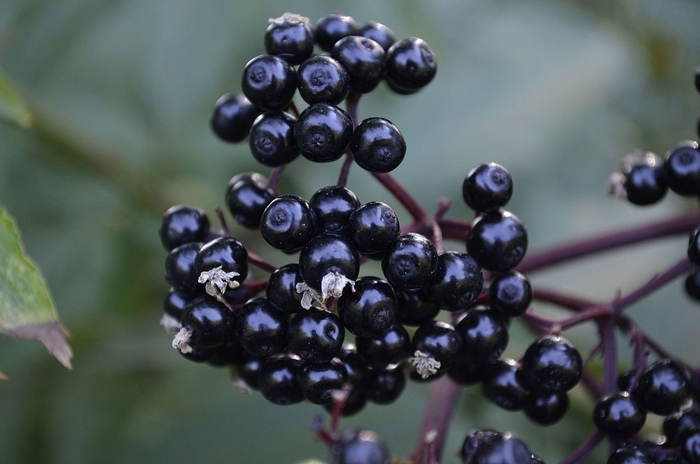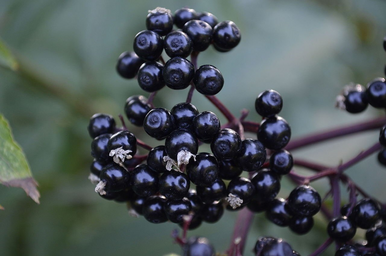Singapore has lost about 35% of its plant species in the last 200 years. With economic development and pragmatism at the forefront of our national goals, nature has become the greatest sacrifice to build our metropolitan city.
Out of 2035 plant species in Singapore, only 233 can be found globally, with the rest existing primarily in our region. Unfortunately,, due to vast deforestation activities making way for high rises, Singapore has lost about 99.5%of its original vegetation. For a city-state that brands itself onto being green and showcasing trees lined up along each gravel road, Singapore only has approximately 0.3% of its primary forest left. How ironic is this?
In 2016, the proposed route of the Cross Island line cutting through the Central Catchment Nature Reserve resulted in a tenuous relationship between local nature groups and the government. The Cross Island line would make transport more efficient, saving employee’s transportation time and increasing productivity, thereby boosting the economy’s growth.. However, this has disrupted wild life and further endangers our nearly-extinct species.
In 2019, the Kranji Woodlands, one of the remaining rainforests to exist in Singapore, was ‘accidentally’ flattened. This caused an outrage that was two-fold. First, that it was supposedly ‘accidental’ and therefore no accountability was taken, and second, it re-triggered conversations on our lack of consideration for our ecosystems. Criticisms on the latter argument consisted of the indication that there were many large golf courses around the country that took up space which could be redeveloped into residential areas. Instead, the government chooses our rainforests to destroy. Critics also pointed out the ‘empty promises’ made by the government, where they pledged to plant 1 million trees in 10 years to restore our original landscape. Instead, they flattened a rainforest without batting an eyelid.
Rainforests are not only critical in cooling down our tropical climate, but also aids in conserving the flora and fauna that have been here for hundreds of years. Biodiversity is important; it simply cannot be recreated as humans do with buildings, like demolishing and rebuilding them every decade or so. Biodiversity results from centuries of evolution, and complex eco-relationships make these systems co-dependent. The loss of one rainforest may not seem impactful to us, but it is gravely detrimental to the plants and animals whom we share our environment with.
Since Singapore embarked on its journey to transform itself into a glitzy metropolitan city, rainforests are seen as resources for redevelopment into houses, industry districts, malls, tourist attractions and more. While these are pragmatic and necessary to drive our economy, we are losing a large part of our history in the process.
Before the British colonisation, indigenous locals like the Orang Asli co-existed peacefully with nature, and depended on it for survival. For example, their main items of trade were palm oil, rubber or fruit trees. Without such plantations or natural forests to forage from, these communities lack income, resulting in poverty and an economic-driven migration towards other countries like Indonesia and Malaysia. For other indigenous communities like the Orang Luat, loss of mangrove forests were detrimental to their lifestyle as they depended on it for shelter and food. Undergoing colonisation, war and modernisation, many food such as the fish, crabs and shellfish the Orang Luat depended on went extinct. In fact, it is estimated that 234 species of fish have gone extinct in just 200 years. With the relocation of these indigenous populations from kampong to HDB flats, their heritage is dying, much as the nature their lives depended on fades into the concrete forest of our sparkling city.
As necessary as it is to clear parts of our land for economic development, sacrificing nature in its place just doesn’t sit well with me, and it shouldn’t for any of us. Nature is being destroyed at rates faster than it takes to recover. Our generation would likely be filled with regret, and importantly, we will be living with irreversible consequences. Losing nature entirely is a possibility not far from imagination; and yet when we do lose it, it’ll be too little, too late for any real contrition.


